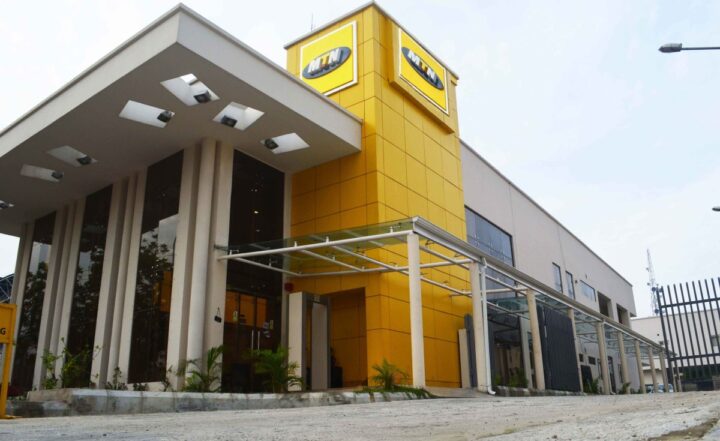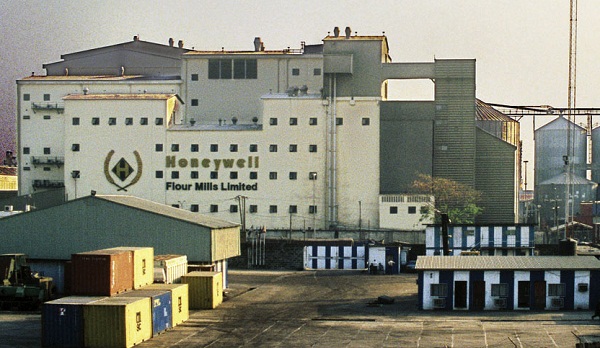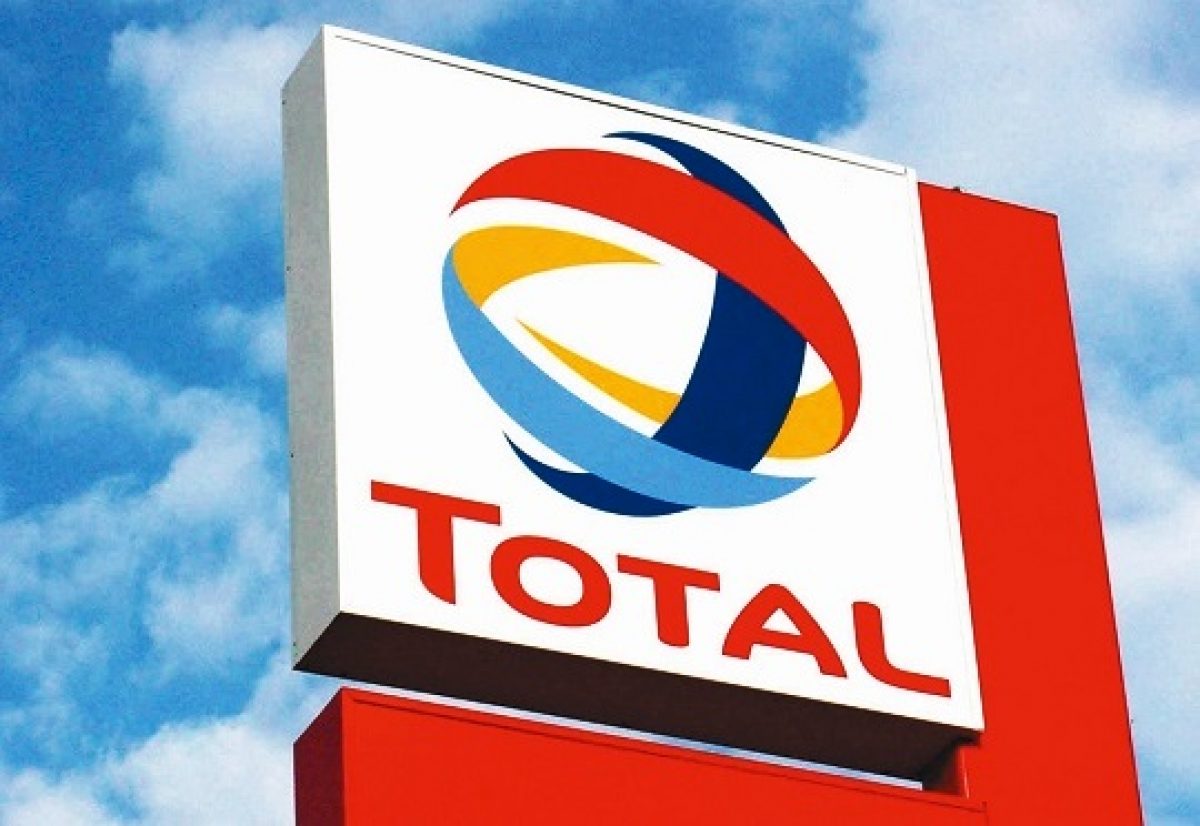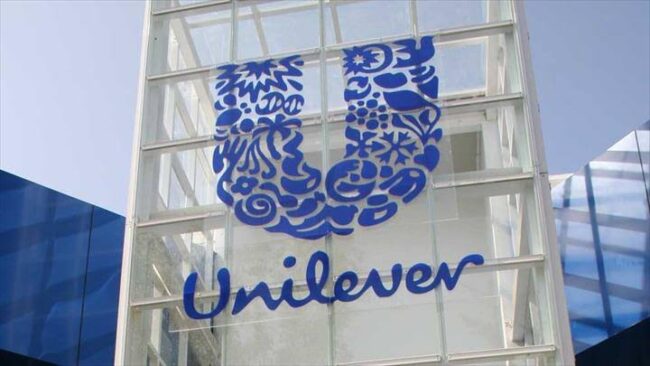Nestle Nigeria Plc is building momentum towards a rebound in the 2021 operations but hurdles of rising costs are constraining margins. The food/beverages company’s managers saw it through to an improved first-quarter performance that raises good hopes for an upturn this year.
The company is seeing sales revenue back on the growth track after closing flat in 2020. Turnover pushed forward to a 24 percent growth in the first quarter after decelerating for the third straight year last year.
The company also staged a turnaround in profit from a drop in the preceding financial year to 10 percent improvement at over N12 billion at the end of the first quarter.
The build-up of operating momentum in the first quarter looks good enough to see the company through to elevated operating results in 2021. Two major rising costs however stand on the way to the company’s turnaround processes in the year.
Advertisement
Input cost is on the rise and that is consuming an increasing proportion of sales revenue. Again, finance expenses are on an upward run and they are impinging on margins. Rising cost of finance follows a further piling up of balance sheet debts after a major balance sheet leveraging happened in 2020.
Management is holding all the other cost elements under tight control but that is still failing to defend profit margin. The challenge ahead for the company is how to beat the rising costs to extract margins good enough to press forward with a comfortable rebound this year.
Nestle Nigeria closed the first quarter operations in March 2021 with a turnover of over N87 billion. This is a strong year-on-year growth of 24 percent on the sales front, an upturn from flat growth in turnover in 2020 and 7 percent increase in 2019.
Advertisement
The upturn in revenue is the centre of the company’s improved earnings story in the first quarter. It was good enough to absorb rising costs and the improvement in profit achieved in the quarter. The company has not achieved the level of growth in sales revenue in the first quarter since 2018.
The challenge, however, is that the company is spending a lot more to generate the naira of sales revenue than happened last year. Input cost grew by 36 percent compared to the 24 percent growth in sales. The effect of that is that cost of sales consumed much of the increase in sales revenue.
Up to 60 percent of sales revenue was consumed by input expenses in the first quarter, rising from 55 percent in the same period last year. That eroded gross profit, which improved by less than 10 percent to N34.7 billion at the end of the first quarter. This means much of the gains in turnover could not get down to gross profit due to rising cost of sales.
Rising cost of sales has been a major challenge since last year. It was the major factor in the profit drop the company suffered in 2020. It is again the main constraining factor undermining profit margin in the current financial year.
Advertisement
Other cost lines of the company-marketing/distribution and administrative expenses, are however under tight controls, which is partly compensating for the increases in input and finance expenses.
The moderated operating costs enabled the company to pass on the gain in gross profit down to operating profit – which rose by nearly 16 percent to over N20 billion at the end of the first quarter.
Rising cost of finance, however, claimed a good part of the increase in operating profit. Finance expenses grew by 243 percent year-on-year to N1.4 billion in the first quarter.
The development was extended by a drop of 63 percent in finance income to N123 million. With that, net finance cost jumped from less than N83 million to N1.3 billion over the period.
Advertisement
The increased interest expenses followed a massive expansion of balance sheet borrowings. Interest-bearing debts had multiplied by more than three times to N40 billion in 2020. It rose further to about N45 billion at the end of the first quarter.
Costs grew generally ahead of revenue for Nestle Nigeria in the first quarter, which eroded margins. Net profit margin went down from 16 percent in the first quarter of last year to 14 percent at the end of March 2021.
Advertisement
Nestle Nigeria closed the first quarter operations with an after tax profit of N12.4 billion, which is an increase of roughly 11percent year-on-year. The company closed last year with an after tax profit of N39 billion, down from the 2019 peak of over N45 billion.
Advertisement
Add a comment







